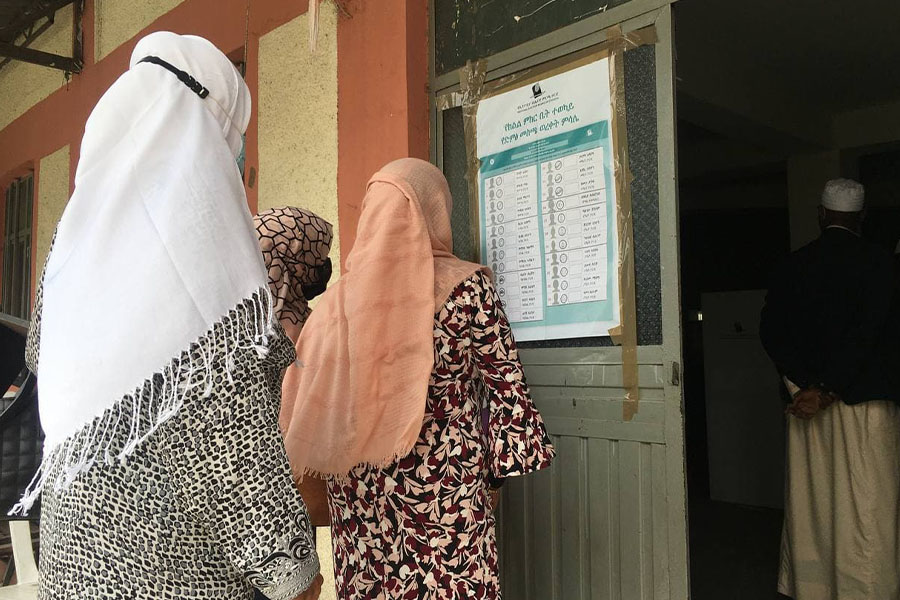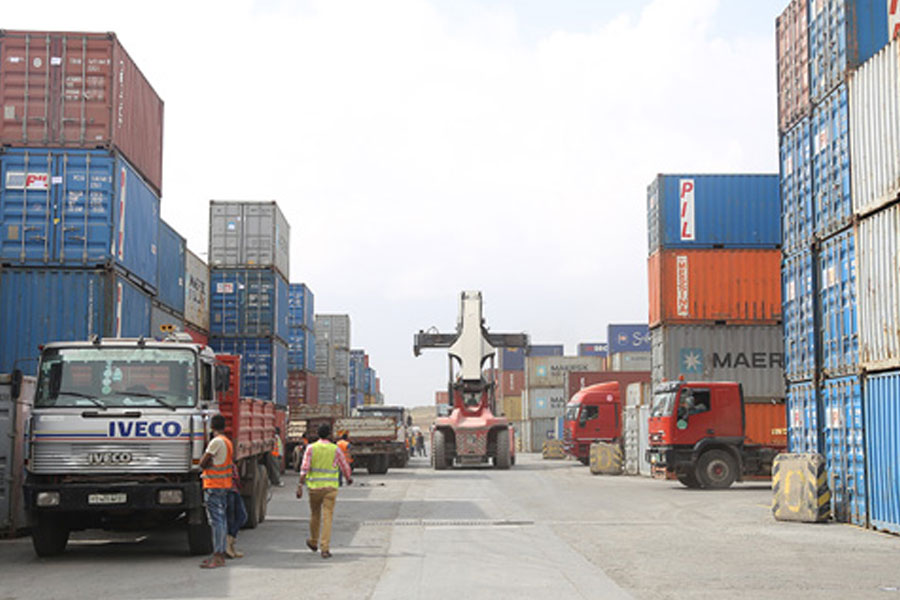
Fortune News | Sep 30,2021
Kicking and screaming, Ethiopia has surpassed the 1,000 dollars GDP per capita mark, according to the government, which is a significant milestone for developing countries. Unfortunately, macroeconomic woes, especially inflation and a continuously depreciating Birr over the past three years, has lowered household incomes and made the going tough.
Anecdotal evidence from Addis Abeba paints a stark reality. Start with the basic necessities. Teff, a staple grain, has exploded in price to 5,000 Br a quintal, double what it used to sell for two years ago. The same price surge goes for a spice mixture such as Berbere; consumers have to dish out 500 Br, while edible oil was a third cheaper a year ago. Not surprisingly, especially for households with children, 60pc of income goes to feed the family.
No less astounding are spending on rent and property, other necessities. Although rental fees differ widely based on location, it may take 4,000 Br a month to rent a nine square metre room in the capital. Based on the household incomes Fortune aggregated, 30pc usually goes to pay for rent. Shelter and food are not the only things people can live on in the modern world. They have to pay for utilities, transport and non-recurrent spending such as clothing to stay warm in the chilly rainy season. Even for individuals without a family to look after, it is becoming harder to get by in Addis Abeba with an income of less than 25,000 Br a month if they want to have a decent living. This is a high bar. Low-income individuals, such as shoe-shiners, have had to figure out a living with about 200 Br a day. On days when this income dips even lower, they would have to skip a meal as they barely have any savings to tap into.
The World Bank estimates a household needs to earn 2,000 Br a month to avoid falling under the poverty line. This is while economists estimate that many are falling under the poverty line of 1.25 dollars a day and an income level to lead a decent living. To most city residents, more than the statisticians and economists, it is the lightness of their wallets that is driving the point home.
You can read the full story here
PUBLISHED ON
Aug 07,2021 [ VOL
22 , NO
1110]

Fortune News | Sep 30,2021

Radar | Mar 26,2022

Fortune News | Dec 04,2021

Fortune News | Oct 04,2021

Fortune News | Jun 06,2021

Dec 22 , 2024 . By TIZITA SHEWAFERAW
Charged with transforming colossal state-owned enterprises into modern and competitiv...

Aug 18 , 2024 . By AKSAH ITALO
Although predictable Yonas Zerihun's job in the ride-hailing service is not immune to...

Jul 28 , 2024 . By TIZITA SHEWAFERAW
Unhabitual, perhaps too many, Samuel Gebreyohannes, 38, used to occasionally enjoy a couple of beers at breakfast. However, he recently swit...

Jul 13 , 2024 . By AKSAH ITALO
Investors who rely on tractors, trucks, and field vehicles for commuting, transporting commodities, and f...

Oct 18 , 2025
The political establishment, notably the ruling party and its top brass, has become p...

Oct 11 , 2025
Ladislas Farago, a roving Associated Press (AP) correspondent, arrived in Ethiopia in...

Oct 4 , 2025
Eyob Tekalegn (PhD) had been in the Governor's chair for only weeks when, on Septembe...

Sep 27 , 2025
Four years into an experiment with “shock therapy” in education, the national moo...